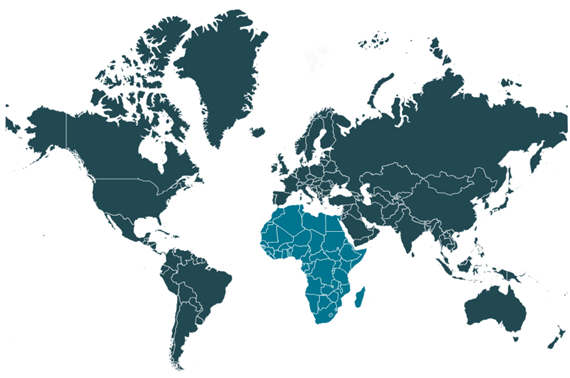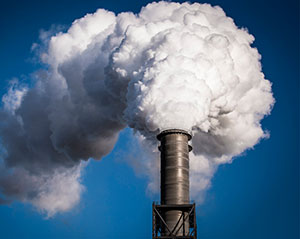Global Energy Outlook
Global Energy Outlook (EnerOutlook)은 무료 온라인 대화형 데이터 소프트웨어로서 직관적인 지도와 그래프를 통해 데이터를 검색하고 에너지 업계의 장기적인 추세를 시각적으로 분석 할 수 있습니다.
이 모든 것들은 전세계적으로 그리고 세계 지역별로 볼 수 있습니다. 이 인터페이스는 화석 연료 가격, 재생 에너지, 이산화탄소 배출에 관한 정보뿐만 아니라 에너지 공급과 수요에 대한 예측치를 제공합니다.
이 애플리케이션은 전체 EnerFuture 글로벌 예측 서비스에서 발췌한 것입니다. POLES 모델을 기반으로 합니다.
EnerFuture에서는 세 가지 글로벌 에너지 및 기후 시나리오를 고려합니다.
- EnerBase: 에너지 소비 및 관련 배출량의 역사적 추세가 2050년까지 유지되는 일상적인 시나리오입니다.
- EnerBlue: NDC(Nationally Defined Contributions)의 성공적인 달성을 기반으로 하는 시나리오.
- EnerGreen: 2100년까지 지구 온도 상승을 2°C 미만으로 제한할 수 있는 야심찬 시나리오.
예측 액세스:
- 전기 및 재생 에너지에 대한 세부 정보와 함께 총 1차 및 최종 소비량;
- CO2 배출량;
- 에너지 및 기후 지표;
- 7개의 지역으로 나눠 전 세계에 적용;
- 샘플 국가(브라질, 캐나다, 헝가리, 터키 및 베트남)의 스냅샷 전용 탭이 있습니다.
- 2050년까지의 데이터를 포함합니다.
- EnerBlue 시나리오의 자세한 결과와 EnerBase 및 EnerGreen 시나리오의 주요 수치.
고급 분석을 위한 자유로운 *xls 파일 내보내기.

Our forecasting experts just released the 2025 edition of our 2050 Global Energy & Climate scenarios.
More information



